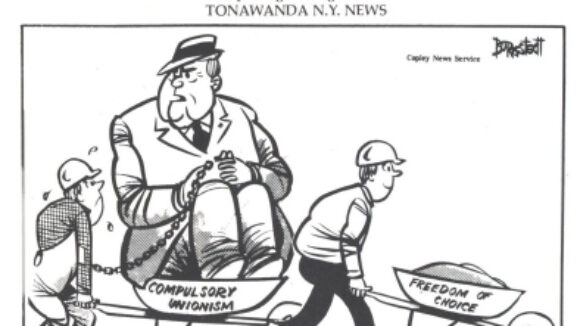Home-Care Providers Take State To Federal Court
National Right to Work Legal Defense Foundation Press Release: Home-Care Providers Take Case Challenging State Unionization Scheme to Federal Appeals Court Right to Work Foundation assists home-based personal care providers pushed into union ranks against their will Chicago, IL (December 13, 2010) – A group of home-based personal care providers have filed a federal appeal against Governor Pat Quinn and union officials for their agreement to force Illinois’s home-based personal care providers under unwanted union boss control. With free legal aid from National Right to Work Foundation attorneys, the personal care providers filed their appeal with the U.S. Court of Appeals for the Seventh Circuit after a district court judge ruled against them. The appeal stems from a class-action lawsuit filed by the providers after Quinn signed an executive order designating 4,500 home-based personal care providers who care for individuals with disabilities as “public employees” and susceptible to unwanted union boss political “representation.” Service Employees International Union (SEIU) and American Federation of State, County, and Municipal Employees (AFSCME) union bosses have been competing to force their monopoly control over the workers, even having out-of-state union organizers making “home visits” attempting to organize the providers through coercive “card check” unionization tactics. Not coincidentally, Quinn received the SEIU union bosses’ political endorsement and support during his closely-contested primary campaign earlier this year. Quinn’s executive order mirrored one issued by disgraced former-Governor Rod Blagojevich, later codified, in which over 20,000 personal care providers were designated as state workers for the purpose of granting union bosses monopoly “representation” and forced dues privileges over them. Quinn’s executive order expanded Blagojevich’s to cover the additional 4,500 providers who were not included in the first executive order.


